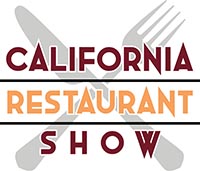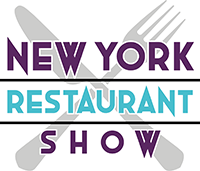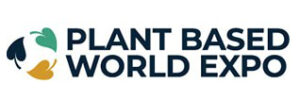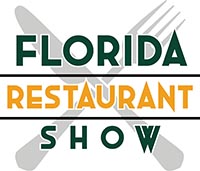
Pay attention to the loans, grants, credits and deferrals available for your catering business—and position yourself for future programs
By Gerri Detweiler
By now, most small businesses fall in one of two categories: those who got COVID relief loans and those who didn’t. Whichever group you fall into, you’ll want to understand what happens next and explore other options.
If You Got PPP Funds
Early reports indicate about 9 percent of funding for Paycheck Protection Program (PPP) loans went to businesses in the “accommodations and food services” categories. Those who received a PPP loan are now in the middle of spending the funding and hoping they will qualify for full forgiveness. Generally to get forgiveness through your lender, you’ll need to document you spent at least 75% of the funds on payroll-related costs, and up to 25% on other acceptable expenditures: rent, mortgage interest and utilities.
If your business laid off employees or reduced salaries after Feb. 15, 2020, you have until June 30, 2020, to rehire those employees or raise wages without penalty. If you laid off employees or reduced salaries after April 26, 2020—or if you don’t hire back previously laid-off staff by June 30, 2020—you will reduce the amount of forgiveness you’re eligible to receive. Balances not forgiven become a two-year loan at 1%, with payments starting after six months of deferral.
The guidelines for forgiveness are complex, so make sure you consult with your tax professional. Keep excellent records of how you spent PPP funds.
If You Got an EIDL Loan or Grant
If you received a loan through the Economic Injury Disaster Loan (EIDL) program, you’ll also want to make sure you spend that money properly. If you receive a grant (advance) of $1,000 per employee, those funds don’t have to be repaid. However, the grant must be spent on
- providing paid sick leave to employees;
- maintaining payroll;
- meeting increased costs to obtain materials;
- making rent or mortgage payments; or
- repaying obligations that can’t be met due to revenue losses.
If you also received an EIDL loan, payments are deferred for 12 months, but after that you’ll have to pay it back at 3.75% for up to 30 years. You can use EIDL funds to pay fixed debts, payroll, accounts payable, rent, utilities and other bills that cannot be paid because of the disaster’s impact. Again, keep good records of how you spend these funds.
Other Relief
Didn’t get funding? The CARES Act may still provide some relief in the form of a payroll tax deferral or credit.
Payroll Tax Deferral: The CARES Act lets employers defer the employer’s share of Social Security tax that would otherwise have to be paid beginning on March 27, 2020, and ending Dec. 31, 2020. Instead you can defer half until Dec. 31, 2021, and the rest until Dec. 31, 2022. Self-employed individuals are eligible as well.
Note that if you get a PPP loan forgiven, you’re no longer eligible for deferment. But any amount that was deferred through the forgiveness date will still be deferred at the schedule above.
Payroll Tax Credit: Employers whose operations were fully or partially suspended due to government orders, or who experienced a major decline in receipts, may be eligible for an employee retention tax credit against Social Security wages for up to 50% of $10,000 in qualified wages (including health plan expenses), paid after March 12, 2020, and before Jan. 1, 2021.
Eligible employers can reduce federal employment tax deposits in anticipation of the credit and may even request an advance if the reduction in deposits won’t cover the full amount.
But if you received a PPP loan you won’t be eligible for this tax credit. Again, make sure you discuss these programs with your tax professional.
What’s Next?
As future rounds of relief continue to be discussed in Congress, there are a few ways you can position your business for future programs.
Get your bookkeeping and taxes up to date. Many business owners struggled to complete PPP and EIDL applications because their books were not up to date.
Monitor your credit. Both SBA loans and traditional loans may require a personal and/or business credit check. Check and monitor your business and personal credit for free at Nav.com.
Get help from your local Small Business Development Center and SCORE. Both organizations provide free mentoring.
ABOUT THE AUTHOR

Gerri Detweiler is a leading, nationally recognized financing and credit expert, with more than 20 years of experience. During the 08/09 financial crisis, Detweiler was interviewed hundreds of times, providing insightful expertise and actionable advice for traversing the turbulent landscape. Today, she serves as education director for Nav (nav.com), a free service that gives business owners the fastest, easiest and most trusted path to financing and access to both personal and business credit reports, where she develops educational programs and content for small business owners and works on advocacy initiatives.










